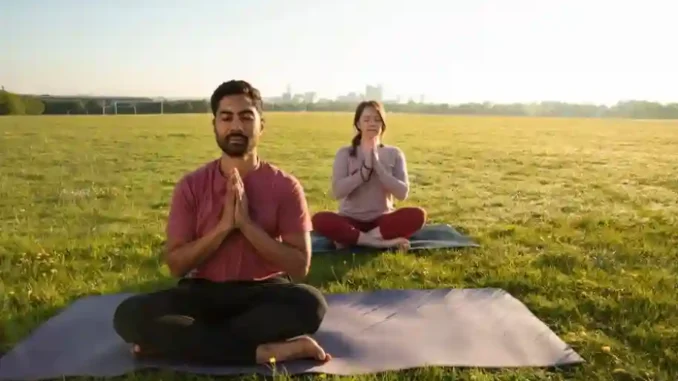
The perfect introduction – a meditation retreat
Since this problem has obviously existed for as long as the human mind, a methodology and didactics of meditation have been developed over the millennia, which to this day has been repeatedly adapted to the changing needs of people and has also been continually refined.
The adjustment particularly relates to the duration. While in earlier times it could have been part of a normal life to take a break and go on a longer retreat – lasting several months – to learn to meditate, today a few weeks are best available for such training. No matter how long it is, a retreat is always a particularly good opportunity for an introduction to meditation, as during such a time external stimuli can be reduced to a very low level, the day can be clearly structured and thus rhythmized and as a rule Provision is made for the physical needs of the participants.
This allows the brain to build up stable concentration, which is the basic requirement for being able to meditate. Above all, however, during such introductions there is a teacher available who guides the practice and can help as a contact person if problems arise.
Accordingly, such retreats are usually divided into practice periods and feedback phases in which the meditation teacher checks the progress and adapts the exercises in terms of intensity, duration and complexity according to the practitioner’s capabilities.
Many people are reluctant to meditate because their first thought is
“Many people are reluctant to meditate because their first thought is often that meditation requires a significant time commitment or that it’s too challenging to quiet the mind. They may believe they lack the patience or ability to sit still and focus for an extended period. Additionally, some individuals may view meditation as too esoteric or spiritual for their liking, thinking it doesn’t align with their lifestyle or beliefs.
Others might worry that meditation requires them to adopt a specific posture or chant mantras, which can feel unfamiliar or uncomfortable. Moreover, there’s a misconception that meditation is only for those seeking to achieve enlightenment or inner peace, leading some to believe it’s not relevant to their daily lives or struggles. These initial perceptions can create barriers to exploring meditation as a tool for relaxation, stress reduction, and overall well-being.”
Leave a Reply